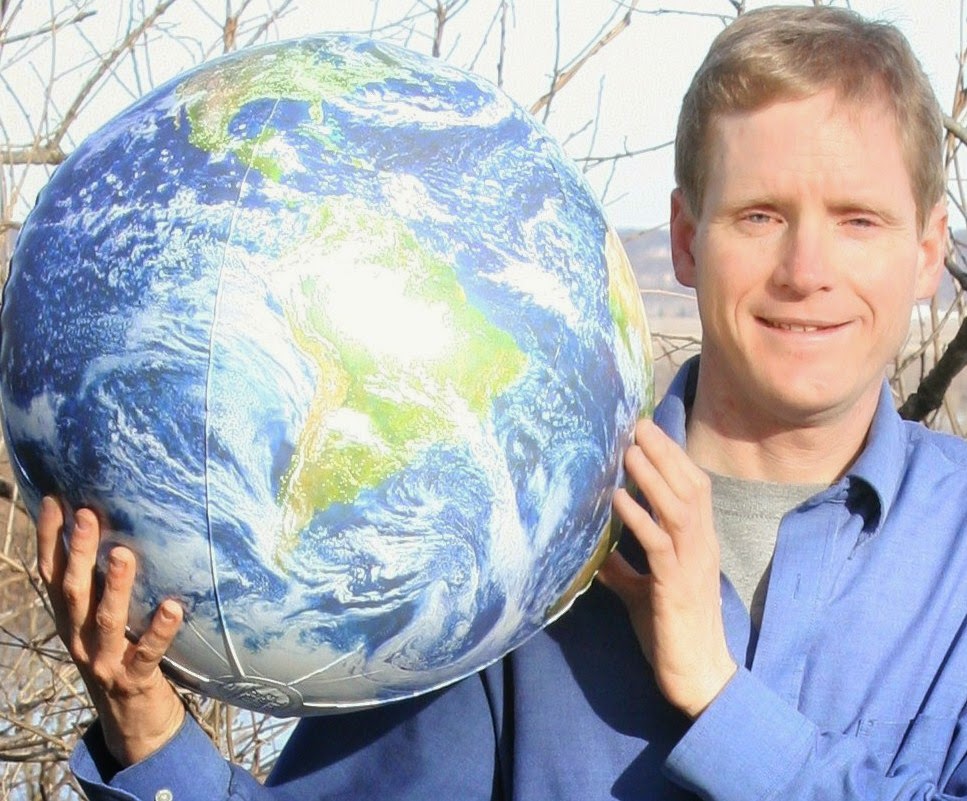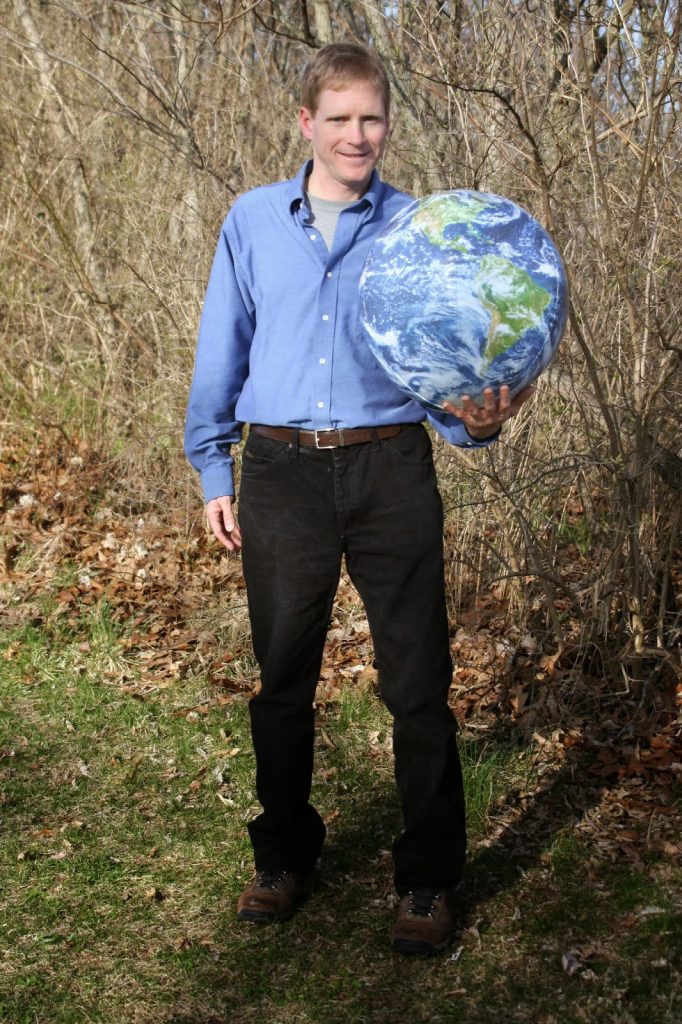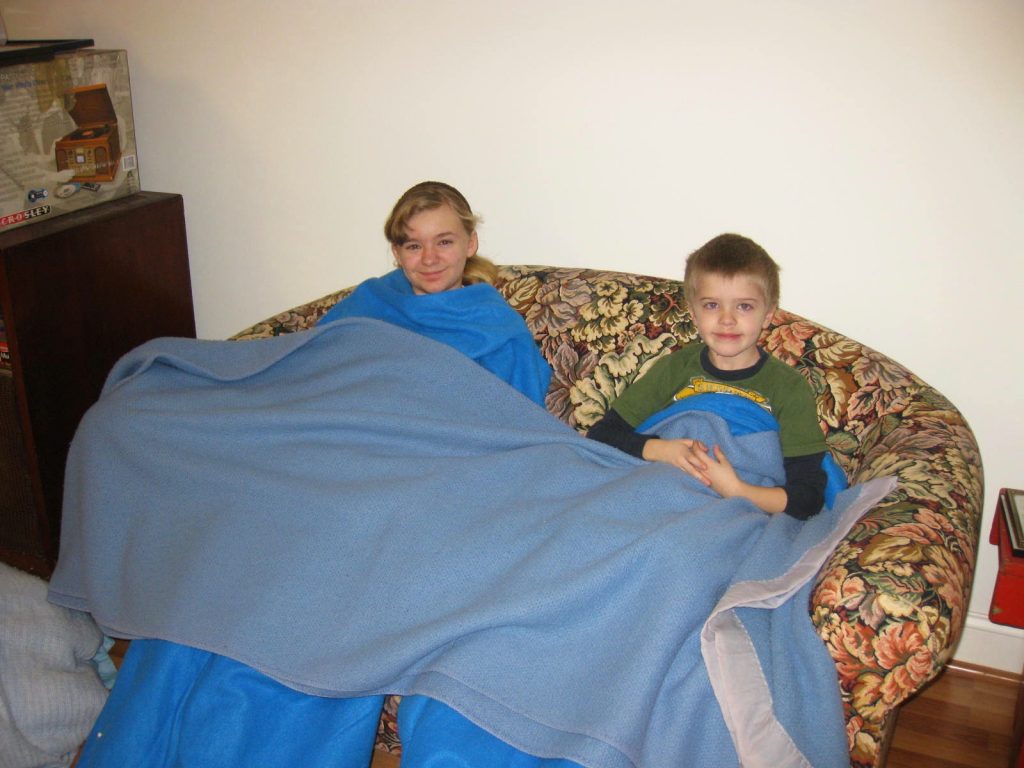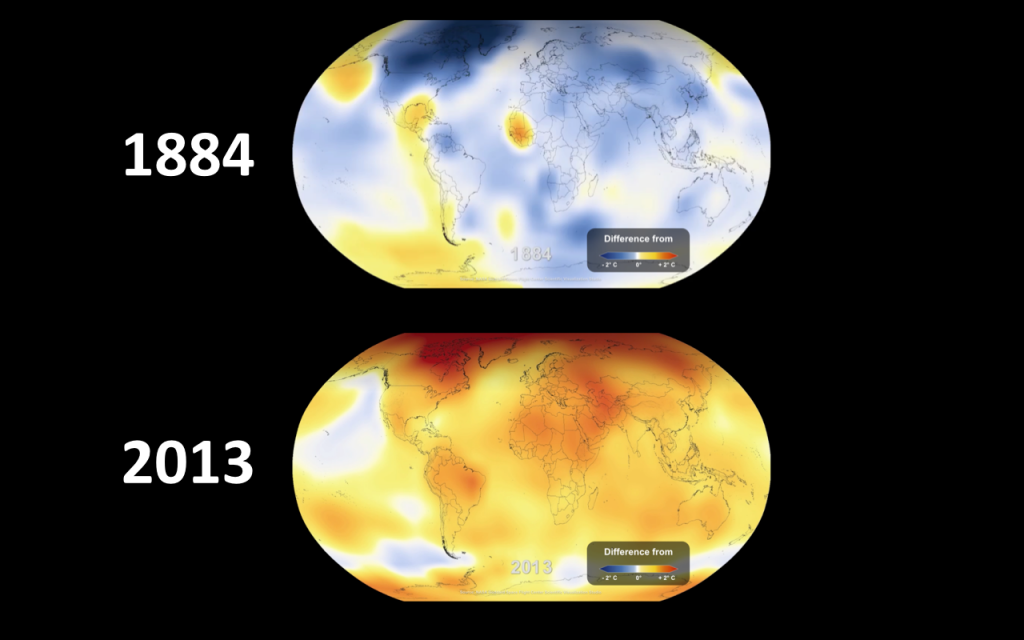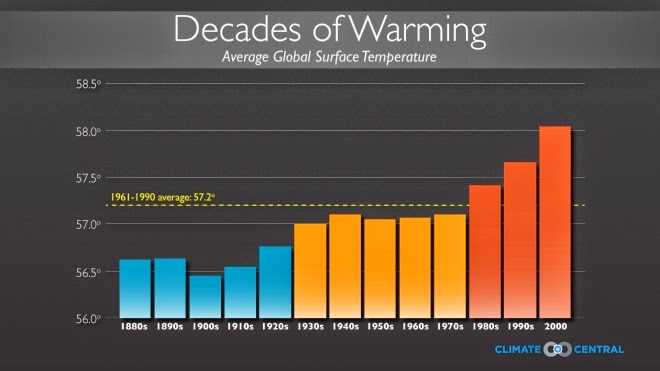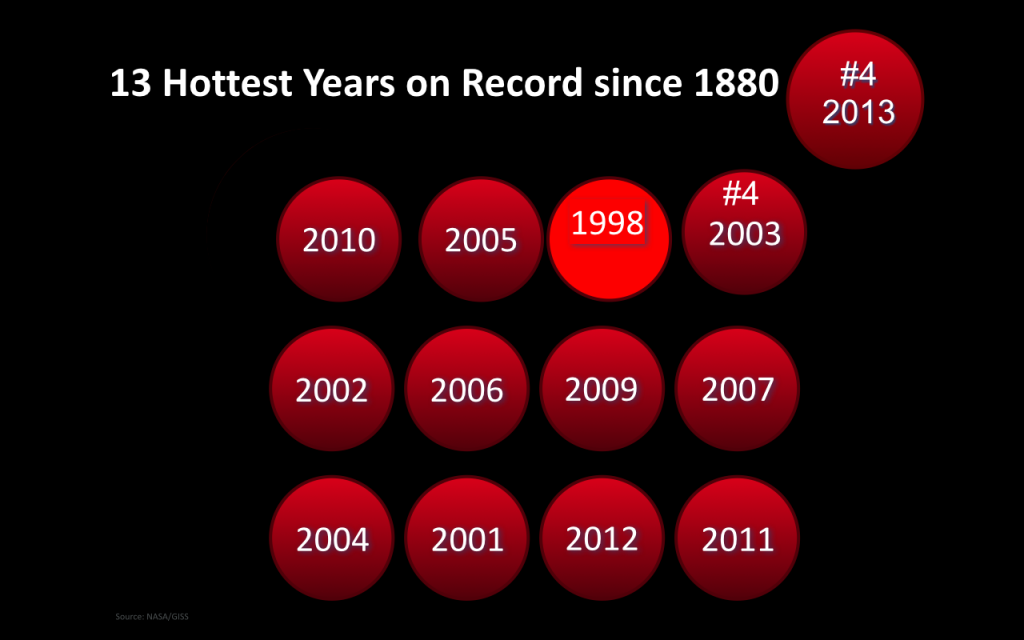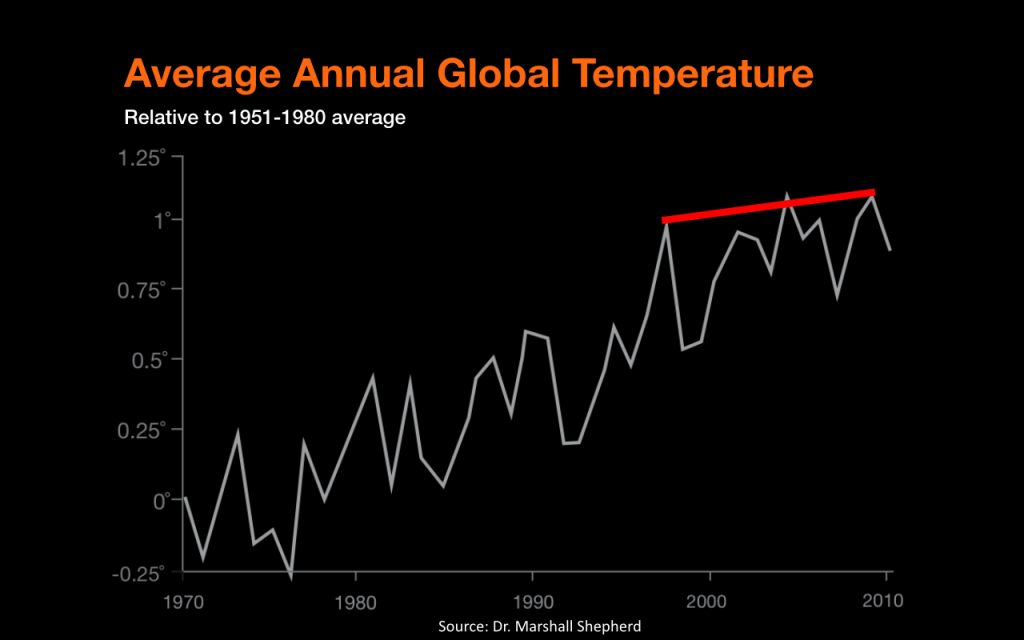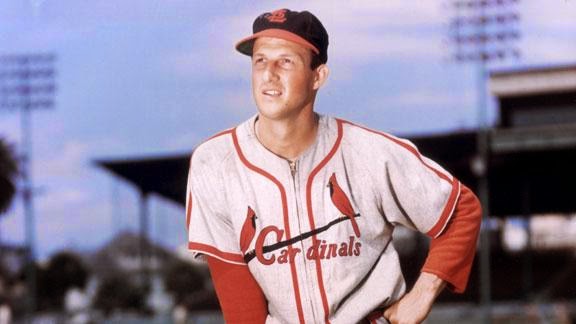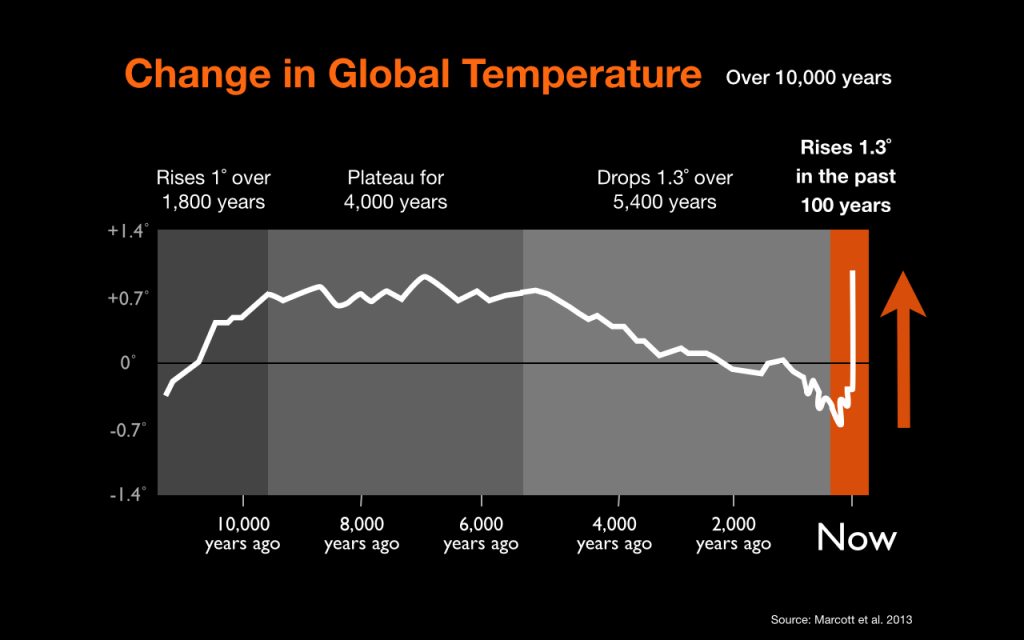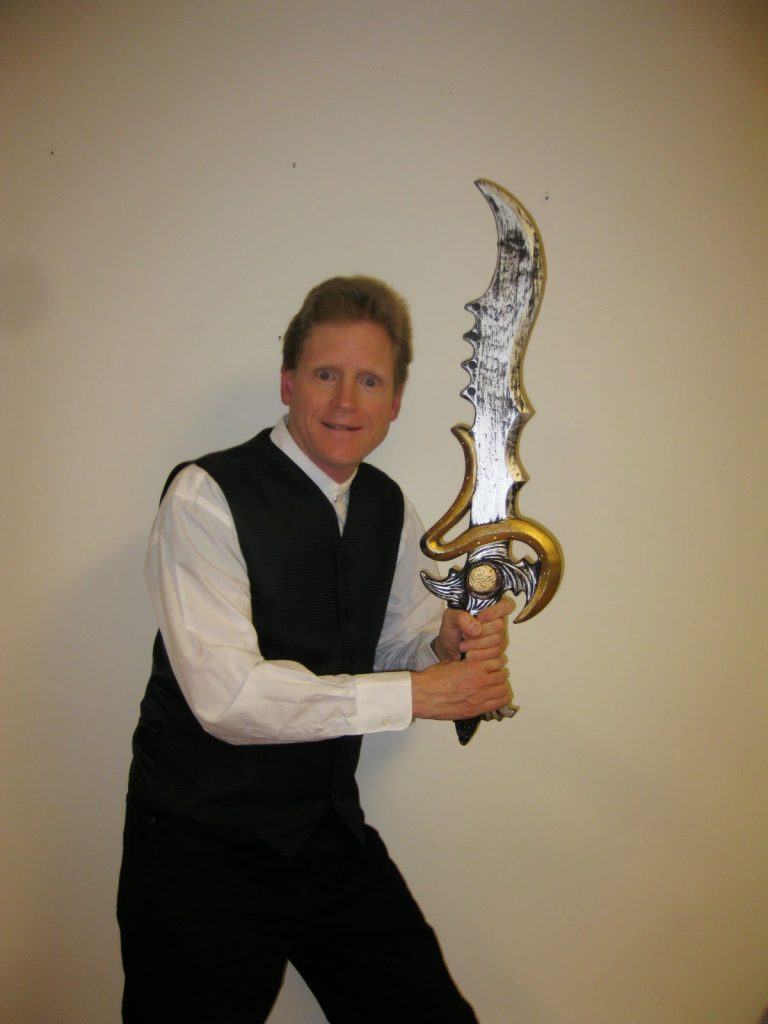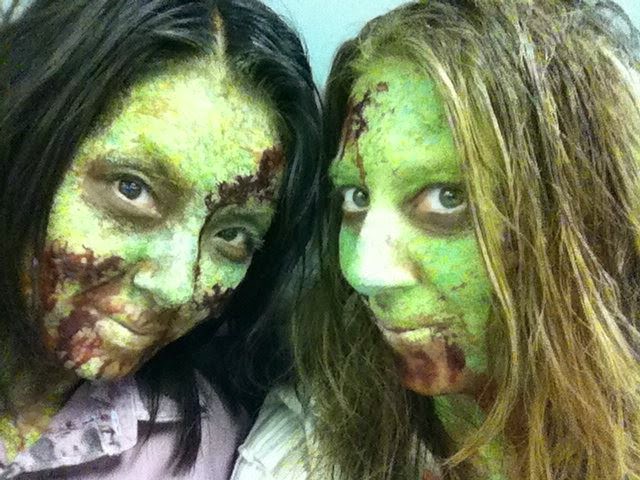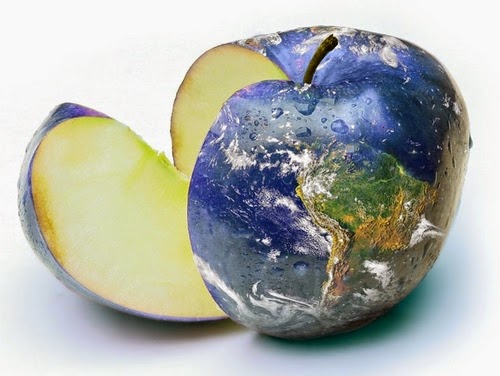 |
| Image courtesy of Climatebites.org |
Over the past four years I have communicated about climate change, the most helpful website for me is Climatebites.org. In 2011, Tom Smerling and Don McCubbin created this website to offer metaphors, soundbites, quotes, humor, cartoons, stories and graphics for anyone looking to communicate more effectively about climate change.
As I wrote about in a previous blog, a mutual friend, Sundae Horn, introduced me to Tom Smerling in August, 2011. Tom and I then met in person in Washington, D.C. to figure out how I could collaborate on Climatebites. Tom challenged me on the spot to contribute writings to Climatebites. Gulp. I had very limited experience with writing. However, it did seem like it could be fun.
It took me a couple weeks, but I did post my first bite post on Climatebites on October 14, 2011, Would you argue with your doctor over a heart condition? Over the next two and years, I got hooked writing bites. I ended up writing about 154 bites. Some of my Climatebites were then re-posted on other websites, such as boomerwarrior.com, climatemama.com, and elephantjournal.com.
For me, it felt like Climatebites filled a niche to provide helpful soundbite tools to climate change communicators and scientists struggling to explain the very complex science of climate change.
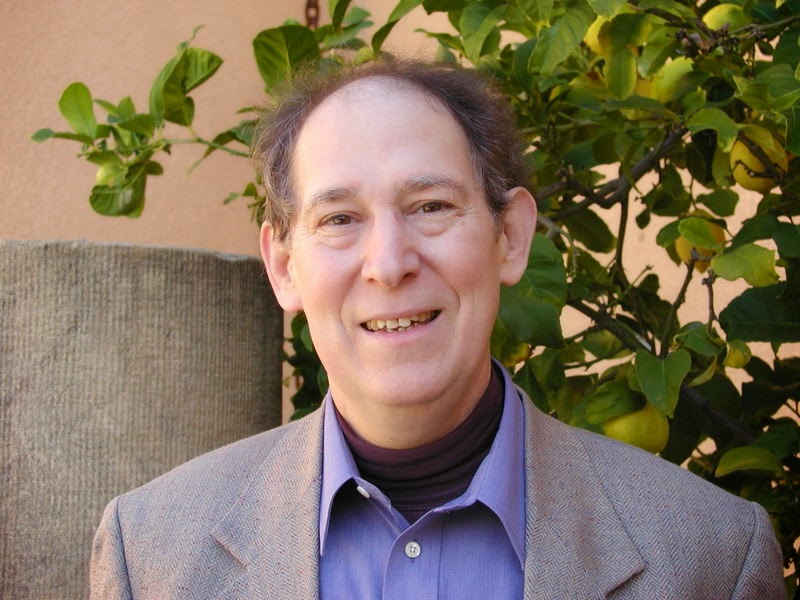 |
| Image Source: climatesight.org |
This frustrating inability of how to best communicate the complicated science of climate change with good metaphors had long been a source of discussion. Greg Dalton, Founder of Climate One, brought up this topic when he interviewed the late Dr. Stephen Schneider, climate scientist from Stanford University, on November 3, 2009. Dalton asked:
“Can the scientific method with all of its caveats and doubts…how can that change in terms of better informing or scientists changing for better informing policy makers and the media who work in a world of soundbites and short simple plications? How is that going to be bridged?”
Stephen Schneider’s response: “What we have to do and what I advice my science colleagues to do and what I do myself: Yes, I have my soundbites, but I also have oped which are three sound bites. I also have my Scientific American articles and Atlantic Journal articles, which are a little more in depth. I have a 300 page website, www.climatechange.net, where you can find out where I really think in depth and then I write long books. And those long books not only have to tell the nuisances, but they also have to tell where you changed your mind, where the community was wrong and how it evolved. It is what I call a hierarchy of backup products.
I think that scientists can be responsible, even in the soundbite world if they try to have that hierarchy. The only sad part is that the soundbite is heard by 20 million, the op ed is read by, maybe if you are lucky, 2 million, The Scientific American by 200,000, the website by 20,000 and the book, I hope, by 20,000, and you keep dropping down, but what else can you do?…
Scientists have been part of the problem in their reluctance of not wanting to get out there and use simple metaphors because if they cannot put in full disclosure in their first paragraph they are somehow irresponsible, which means they will never get on the air.”
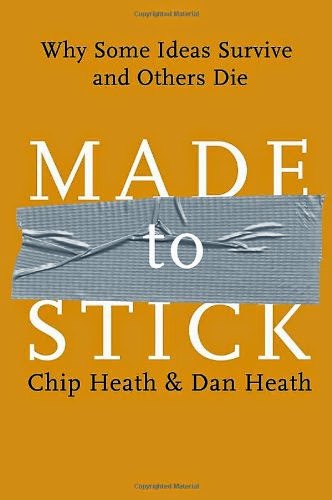 |
| Image Source: Amazon.com |
It was a wonderful metaphor responding to the climate denial myth that we need absolute certainty before we can take action on climate change.
Tom Smerling based Climatebites on making climate change messages “stick” in people’s minds. Tom’s inspiration was Chip & Dan Heath’s guide to sticky messaging, Made to Stick: Why Some Ideas Survive and Others Die.
Suppose your doctor says ‘Well, I am very concerned about your heart condition. I think you should be on a low cholesterol diet and exercise.’ Would anybody say to their doctor ‘If you can’t tell me precisely when am I going to have the heart attack and how severe it will be.’ then why should I change my lifestyle?’
Climatebites.org then became an incredible creative outlet for me to share sticky climate change messages that had been bouncing around my head for years. Even more, it became a fun challenge to look for sticky climate change soundbites when I was reading or watching documentaries on climate change.
Climatebite: Forest fires occur naturally, so arson can’t be real
4. Myth: Climate has always changed.
Climatebite: “Beavers felled trees before humans. So lumberjacks aren’t real?
Climatebite: Our infrastructure may not be able to adapt.
Climatebite: That idea is even more outdated than wearing those 1970s disco outfits.
15. Myth: China pollutes
Climatebite: Therefore, we should just keep polluting too?
16. Myth: China pollutes
Climatebite: “That is like saying ’We won’t protect free speech until China does.’”
17. Myth: China pollutes
Climatebite: China is actually “eating our lunch” on clean energy
18. Myth: It’s just weather
Climatebite: “Climate is what you expect. Weather is what you get.” — Mark Twain
19. Myth: It’s the weather
Climatebite: Check your underwear drawer.
“Climate is percentage of long underwear vs. shorts in your closest. Weather is deciding to wear long underwear or shorts today.”
20. Myth: It was cold last winter
Climatebite: April 15 was cooler than Apr 1. So spring is a hoax?
21. Myth: We just experienced a record snowstorm!
Climatebite: Yep. That is actually global warming. Warmer air holds more moisture.
22. Myth: Global warming paused since 1998
Climatebite: ‘paws are for kittens & puppies. Global warming is still increasing.’ — Joshua Willis NASA Climate Scientist
23. Myth: No global warming since 1998
Climatebite: “Taking 1998 as the starting year is a joke. Why not 1997 or 1999? Anyone doing this gets an ‘F’ grade in introductory statistics.” — climate scientist Pieter Tans
24. Myth: Scientists still disagree
Climatebite: ‘If 98 doctors say my son is ill and needs medication and two say, ‘No, he doesn’t, he is fine,’ I will go with the ninety-eight. It’s common sense – the same with global warming. We go with the majority, the large majority.’ — former California Governor Arnold Schwarzenegger
25. Myth: I am still skeptical
Climatebite: So am I! I am skeptical we can keep burning fossil fuels with a business as usual mentality without harming the planet.
26. Myth: Politicians won’t respond
Climatebite: “politicians don’t create political will, they respond to it.”
27. Myth: It’s hopeless
Climatebite: “The fact that humans are causing climate change is good news. That means we can do something about it.” — NASA scientist Robert Cahalan
28. Myth: It’s hopeless
Climatebite: “Action is the antidote for despair.”— Joan Baez
29. Myth: It’s hopeless
Climatebite: Hope is a verb with its sleeves rolled up
30. Myth: I cannot make a difference
Climatebite: Think Globally, Act Daily.
— Brian Ettling
“Each and every person can change the world. We do this by the way we vote, the products we buy, and the attitudes we share with each other.” — Brian Ettling
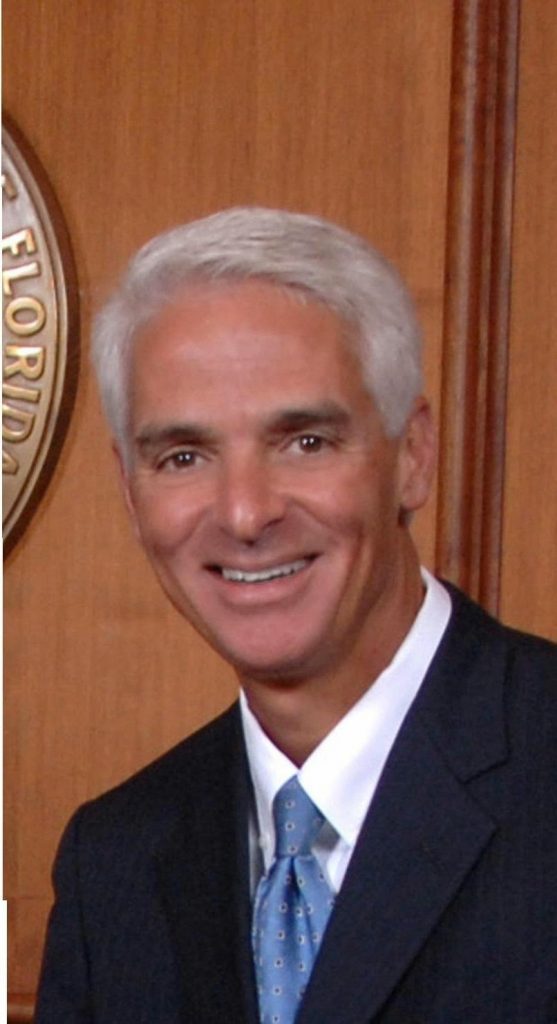 |
| Former Florida Governor Charlie Crist Image Source: Wikipedia.org |
Even worse, I fell off the routine of composting Bite posts, which had been such a productive outlet for me. While the site was down, I remember finding a couple of soundbites that I really wanted to turn into climate bites, such as:
“I’m not a scientist either, but I can use my brain, and I can talk to one.”
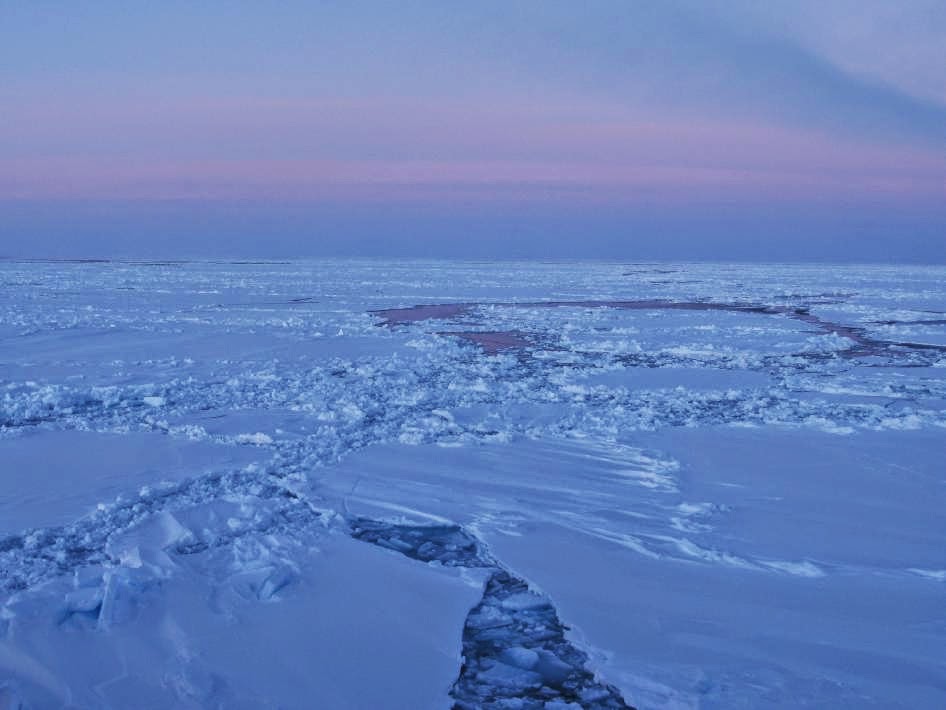 |
| Image Source: NASA.gov |
“The spreading sheet of sea ice around Antarctica could be viewed as a napkin being draped over a monstrous water pistol.”
I hope to be inspired once more to post Bites on there since the site has been so beneficial to me.


